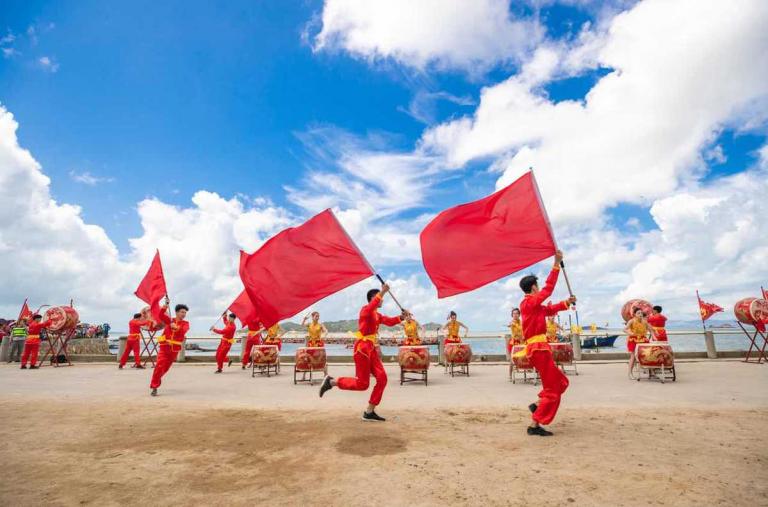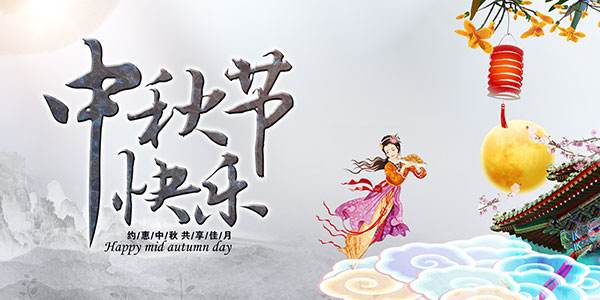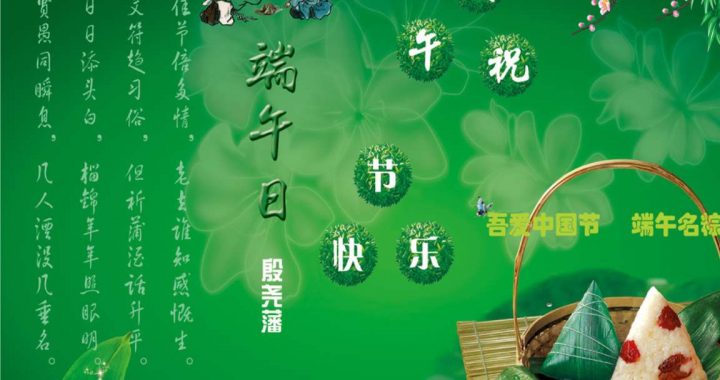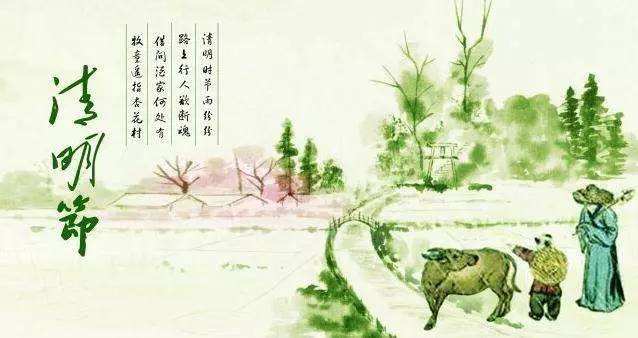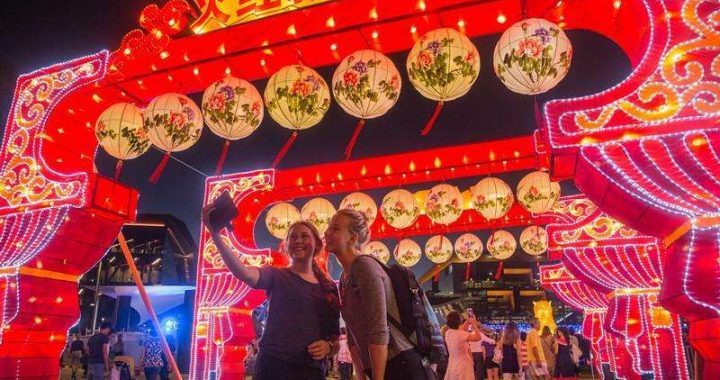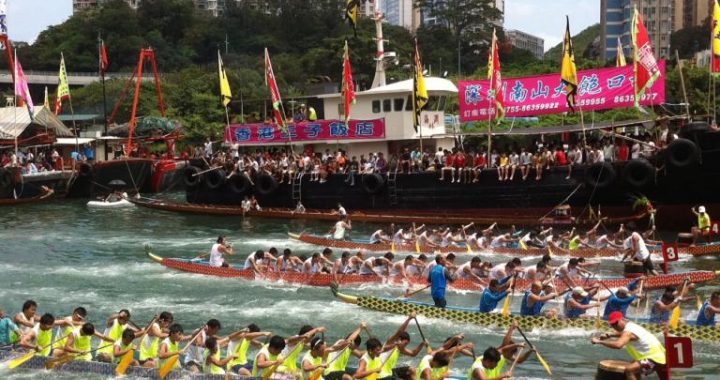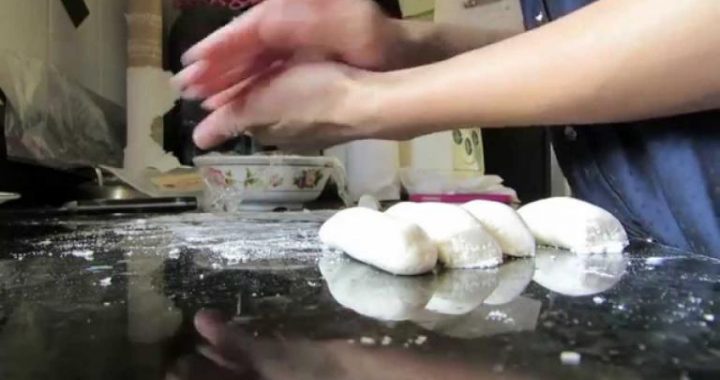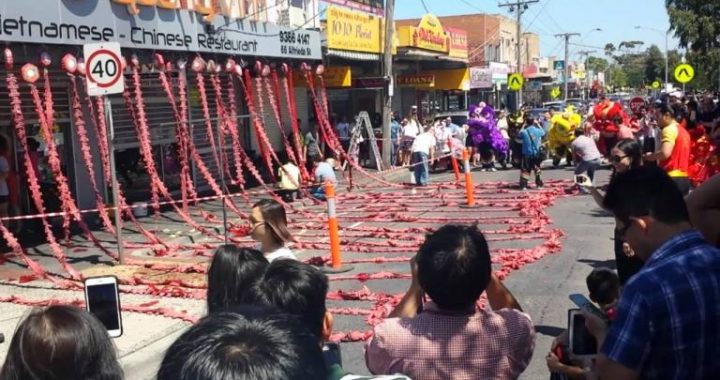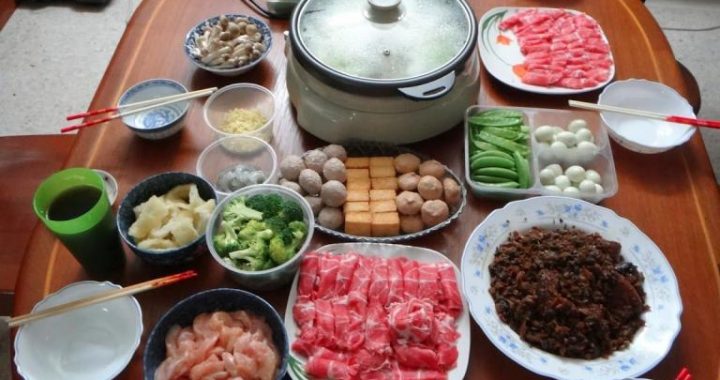Sea Opening and Closing Festivals in China
7 min readFacing the Bohai Sea, the Yellow Sea, the East China Sea and the South China Sea, China has a coastline of more than 18,000 kilometers and more than 400 islands with permanentresidents, traversing the frigid zone, temperate zone and tropical zone, and has extremely abundant marine resources.A long time ago, ancient people in China’s coastal areas developed the fishery production mode of living near the sea off the sea. Just like fertile farmland nourished the agricultural culture and the vast prairie nourished the nomadic culture, the deep sea also nourished the fishery culture. The Sea Opening Festival and Sea Closing Festival representing the fishery culture are fishermen’s festivals formed in the course of ancient fishermen’s survival through reliance on the sea.
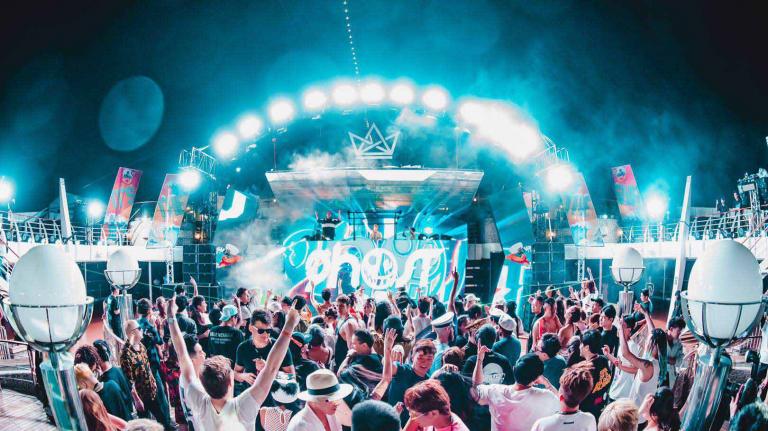
The Sea Opening Festival and Sea Closing Festival are a pair of festivals celebrated along the long coastline from the Bohai Bay in the north to the South China sea in the south.
The Sea Opening Festival is the sacrificial ceremony and a series of folk activities held by fishermen to pray for safety and a bumper harvest when fishing boats go to sea. The Sea Closing Festival is the sacrificial ceremony and a series of folk activities held by fishermen to thank the sea and celebrate the harvest after fishing boats return safely from sea.
Fishermen’s Sea Opening Festival and Sea Closing Festival originated from sea sacrifice. Hermit Yongne of the Qing Dynasty wrote in Records of Things Heard Nearby: “There is nothing more mysterious than the sea in the world; there is no creature moremysterious than fish among all living things.”Compared with land and pastures, the sea seems more profound, mysterious and changeable. In the long historical course of fishermen’s survival through reliance on the sea, they gradually established a complete system of very abundant knowledge about fishery production, including not only skills offishery production, but also fishermen’s supernatural beliefs and customs of fearing the sea, respecting the sea, delighting in the sea and coexisting with the sea in various areas.
Before going to sea for fishing, fishermen cannot foresee the outcome of the journey, so they offer sacrifices to gods, hoping for the sea’s blessings and praying for safety andagood harvest of fish. In the course of sea fishing, when encountering risks and disasters, they try to save themselves and resist disasters and at the same time offer sacrifices to gods and pray for gods’ help anytime and anywhere. After returning from sea, they thank gods whether the harvest is bumper or not. This cultural tradition is similar to “spring prayer and autumn thanksgiving”in agricultural society.
The Sea Opening Festival and Sea Closing Festival are general terms for such sea sacrifice festivals used in the course of promoting intangible cultural heritage protection in recent years. There are many differences in the habitual terms for sea sacrifice, the objects of worship, the modes of sacrifice and the specific contents of festival celebration activities in different historical periods, different regions and different ethnic groups and groups of people. China has a long coastline and a vast sea area. Natural conditions andfishery production patterns differ greatly-for example, different fishes have different migration patterns, so various areas’ fishing seasons are different. Different fishing seasons of different sea areas also differ greatly. Therefore, the times of the Sea Opening Festival and Sea Closing Festival are also different. However, these festivals are consistent in terms of the internal structure and deep psychology: they both coordinate relationships with the sea and soothe inner needs in this way.
The Sea Opening Festival and Sea Closing Festival are celebrated mainly when the fishing season begins every year, fishing boats go to sea for the first time, the fishing season ends or fishing boats return fully loaded or on certain days with special folksignificance conventionalized by local fishermen. In Shandong’s coastal area, fishermen take the solar term of “Grain Rain”as the beginning of the fishing season. Local fishermen have proverbs such as “a hundred fishes go ashore on the day of Grain Rain”and”boats go fishing on the day of Grain Rain.”On this day, they also hold sacrificial activities and begin to go to sea for fishing. In Xiangshan, Zhejiang, during the yellow croaker fishing season in spring, the time of sea opening is between the 15th day and 23d day of the 3d lunar month, and the time of sea closing is between the 2oth day and 23″d day of the 6th lunar month.

The customs and activities of the Sea Opening Festival and Sea Closing Festival are different in various areas. In Rongcheng, Shandong, the Sea Opening Festival is in the formof the “Grain Rain Festival.”As the local saying goes,”Grain Rain is as important as the Spring Festival.”On the day of Grain Rain every year, fish and shrimps in the deep sea all rush to the offshore area of the Yellow sea following the seasonal migration pattern. After winter rest, fishermen begin to arrange nets and go to sea, and the annual offshore production officially begins. To pray for safety and wish for a bumper harvest, fishermen hold a solemn and grand ceremony and piously offer sacrifices to sea gods before going tosea. In local fishermen’s belief system, gods related to the sea are most prominent, such as the East Sea Dragon King and the Sea Goddess. Before the festival, fishermen make full preparations for sacrifice. Every family steams big buns and put big red dates on them. Steamed buns should preferably burst open, implying “smiles.”Some families also prepare whole pigs or pig heads. These pig heads or whole pigs to be offered as sacrifices are all carefully dressed with big red flowers on the heads and smiling expressions formed bylines drawn near the eyebrows, eyes and mouths. From the day before the festival to the noon of Grain Rain, people go to worship in the temple successively. Families carry sacrifices to the temple, set off firecrackers, offer sacrifices and kowtow. The sound of gongs and drums is deafening, and the atmosphere is quite lively. The afternoon of the Grain Rain Festival is the time when captains invite boatmen to dinner and reward them with food and drink. They drink wind in big bowls and eat big chunks of meat.
The Sea Opening Festival and Sea Closing Festival in Xiangshan, Zhejiang have a history of 1,000 years. During the Sea Opening Festival,a grand sacrificial ceremony is usually held in the Mazu temple. All participants in the ceremony all fast and bathe.A sacrificial altar is set up in the temple, and boat owners bow before it one after another.
After the end of the ceremony, the god statue is carried out of the temple on a parade, and various ethnic and folk singing and dancing performances as well as fish lantern, horse lantern, boat drum, lifting shelf and Chedeng opera performances are staged. Dramas are performed on the stage in the temple day and night for five to ten successive days from the afternoon. They are called “pre-sail dramas.”Before dramas are performed, the god statuesin various temples in the village are “invited”to “watch drama performances”in the Mazu temple. During the temple fair, villagers’ houses are full of guests and friends, and they are treated warmly. Before going to sea, fishermen must choose an auspicious day to go downwind and downstream. When they set sail to the sea, firecrackers are set off at thesame time and their family members on the shore see them off and bless them. The scene is spectacular. When fishermen safely return fully loaded, to thank the sea, they also perform dramas in village temples for seven days and seven nights in succession. They are called”sea closing dramas”and “vow redemption dramas.”
Dedication of sacrifices by fishermen in Fujian’s coastal area often becomes a grand parading ceremony of welcoming gods. In Xiapu, Fujian, the ceremony for the birth of the Queen of Heaven on the 23-d day of the 3″d lunar month is unique. Fishermen go into water at a certain place carrying a holy sedan chair, and raise and lower the holy sedan chair above the water surface 36 times through concerted efforts. This is usually called “grandmother’s walk on water.”It is said that the ceremony has the symbolic meaning of praying for gods’ blessings to”tame the sea.”
Fishermen’s Sea Opening Festival and Sea Closing Festival were vitally important to the life and spirit of coastal fishermen in the past. Sea opening and sea closing form a time sequence among fishermen, have the cultural function of guiding fishery production, and coordinates the rhythm of life among people, households, boats and villages. These festivals also have established gratitude for the sea and reverence for nature as an outlook on nature and an outlook on value among fishermen. Such consciousness has more active significance in dealing with current problems such as depletion of marine resources and serious marine pollution that occur in some areas in the course of modernization.
Meanwhile, these festivals with the distinctive function of cultural identification maintain the cohesion of the group of fishermen.
